When Kings go to War
By David Cano
In an incredible last week for the nation of Israel, Prime Minister Benjamin Netanyahu and Hamas have agreed to a ceasefire setting the stage for the end of the conflict that has existed for nearly two years since the infamous Oct 7 attacks on Israel. Since that day, Israel led by Netanyahu, launched an extremely aggressive counterattack on Hamas strongholds throughout the region with the support of the President Donald Trump and other Allies. Since the nation of Israel was re-established in 1948 through a process of international support, it has been no stranger to Warfare. Israel has continually succeeded in defending itself ever since the 6-day war of 1967, the Yom Kipper War of 1973 and a series of engagements against hostile nations and actors, many of whom have resisted the reality of a Jewish state in the region. There is no doubt that divine providence and miracles have played a role in Israel’s national defense. But the history and legacy of Israel’s warfighting prowess go back a few millennium, all the way to warriors like Joshua, Samson, and perhaps the greatest military leader of them all, King David.
The legend of David begins with the underrated narrative pertaining to an advanced sense of combat physics, efficiency, and technology. Here’s how it goes. A large and powerful physical specimen named Goliath who is accustomed to hand-to-hand combat is presented by the Philistine Army and challenges anyone in Israel’s Army to a one-on-one fight with high stakes involved. His size and ferocity intimidate everyone in Israel. Except a shepherd boy named David who is working as a supply guy for his brothers in the Army. He offers his services to King Saul and volunteers to fight Goliath. The King reluctantly agrees after offering his weaponry to David for the fight. David refuses the King’s weapons. He has his own weapons. As David and Goliath face off, Goliath tries to intimidate David with insults and mockery. David verbally retaliates telling Goliath that his God, Jehovah, will be the deciding factor in this fight. And David takes his sling and fires a stone at Goliath’s forehead dropping him to the ground. He then runs towards him and decapitates him. Israel wins. David becomes an instant hero. But that type of battlefield success and prowess has consequences. As David’s fame and exploits continue in service to King Saul, the King’s jealousy grows towards David ultimately leading to attempts on David’s life and then forcing him to flee from the King’s Court for years as a refugee and criminal. He hides where he can find food and shelter, sometimes even in caves. The pain of betrayal from the King and his battlefield trauma start to mount on his psychology as he is a naturally sensitive and emotional person. That pain is well documented in several Psalms. But as the years mount, he makes and finds loyal friends. And many of those friends, social rejects in some cases become incredibly lethal warriors.
But God fulfills his promises to those he loves. And he fulfilled his promise toward David as he eventually returns to Jerusalem and becomes King. As the years pass and he experiences vindication, victories, political success and personal glory, one spring he decides to stay home and delegates authority of his Army to his capable General Joab for their Spring military campaign. One sultry evening, the battle wearied and nostalgic national war hero and living legend takes a stroll on his palace roof and spots a beautiful woman bathing in the moonlight. Her name is Bathsheba, and the King calls for her into his chamber where they spend the evening together and have an affair. Bathsheba is married to Uriah the Hittite and Uriah is currently deployed under Joab, loyally fighting for the very man who just stole his wife. When news that Bathsheba is pregnant with child reaches David, he attempts a plan to cover the scandal and when his plan fails, he ultimately has Uriah killed by an executive order. David has gone from behaving like the Godly Statesman he is, “a Man after God’s own heart’, to a reckless and typical politician trying to cover his own hide to prevent a scandal. Uriah dies, the King marries Bathsheba, child is born, and life goes on. Until one day, the prophet Nathan openly rebukes David for his immorality and the premeditation involved. David repents and breaks down and the child he and Bathsheba conceived dies. David suffers, but ultimately recuperates, experiences forgiveness and moves forward. But the mistakes he made would haunt his family in the years to come. David’s saga and the events of his life and his actions make me ask two questions above all. Would David have made that type of mistake when he was hiding in the caves fleeing for his life and completely dependent on God? And did his success make him feel entitled and complacent the night he initiated the Bathsheba affair?
In 2024, a book was released by Craig Whitlock called, “Fat Leonard: How one man bribed, bilked, and seduced the U.S. Navy. The book is based on true events and characters of whom I knew personally during my 3 years aboard the U.S. Navy’s Seventh Fleet forward deployed aircraft carrier, the USS George Washington, CVN-73, from 2011-2014. During that time and in the preceding years, a Singaporean businessman named Leonard Francis, nicknamed “Fat Leonard” for his size, essentially bribed several high-ranking Naval Officers and other Govt. officials with prostitutes, gifts, and lavish parties throughout exotic Southeast Asian hotels, in exchange for lucrative government contracts. An investigation was eventually conducted and Mr. Francis along with the other Naval Officers he bribed, were prosecuted, convicted, and punished to varying degrees. The Scandal shook the U.S. Navy significantly as questions regarding integrity and ethics were raised about such high-ranking military leaders who were meant to serve as an example of the Navy’s Core values of Honor, Courage, and Commitment to the Sailors they led. They knew what they were doing was wrong but did it anyway. As these events occurred during my evolution as a growing Senior Enlisted Leader, I started to ask myself several questions about leadership and integrity. These types of case studies, however, were very common throughout the U.S. military all over the world and I noticed certain patterns of behavioral and atmospheric factors that seemed to coincide when Leaders exercised bad judgment. Bluntly speaking, Alcohol was involved on many occasions. Other times, the temptation to think that consequences didn’t apply was another major factor. Make no mistake, anyone can screw up, including myself if we’re not careful and if we allow the circumstances to overwhelm our better judgment. U.S military personnel are the best human beings in the world in my estimation, and it is an extremely small percentage that cross such major lines. But the fact is that the American taxpayer does expect more accountability from us based on what we represent and what we are responsible for which is their protection and security.
The truth and tragedy is that many Leaders fail to different degrees. Many times, the issues are fiscal responsibility, moral scandal involving sexual behavior, or other types of abuse of power. But it is important to understand that many times, the motives and the psychology causing the major slip ups is the Bathsheba Syndrome. It is the idea that Leaders will feel entitled to make certain bad decisions, but that consequences are non-applicable or that they simply won’t get caught. Which is the essence of King David’s fall. It is important for Leaders at all levels to take their position seriously and to set a positive example to those that are watching them. Leaders will fail and fall, whether they are business leaders, church leaders, or others. Sometimes the failure is small. Sometimes it’s big. But sadly, too many times we kick people when they’re down. Yes, it’s important to understand the circumstances involved and it is right for consequences to be endured. But people are redeemable. When Leaders fail, or people fail, it’s important to help them get back up. It can be a dangerous thing to rejoice when someone fails. Most good leaders fail from a slow fade down a slippery path, not a sudden event. If David who was an adulterer and murderer could experience God’s forgiveness for his mistakes, so can we. Take care. God bless.


